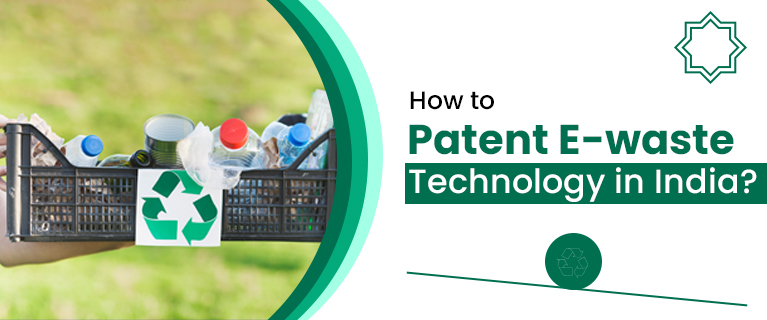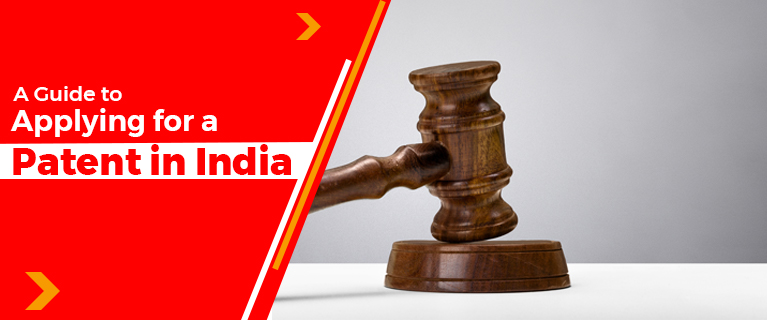Decoding the Power of Patent Registration

In the fast-paced world of innovation, protecting intellectual property has become more critical than ever. Patents, a form of intellectual property, play a vital role in safeguarding new inventions and fostering technological progress. Let's delve into the significance of patent registration, their benefits, and how they fuel innovation and economic growth. Understanding Patents A patent is an exclusive legal right granted to an inventor or assignee for a new invention. It provides the holder with the exclusive right to produce, use, and sell the invention for a limited period, typically 20 years from the date of filing. Patent Registrations can be granted for a wide range of innovations, including technological advancements, processes, products, and even software. Read also this -: What are Plant Patents The Significance of Patents 1. Encouraging Innovation and Research Patents serve as a powerful incentive for innovation and research. By providing inventors with excl











